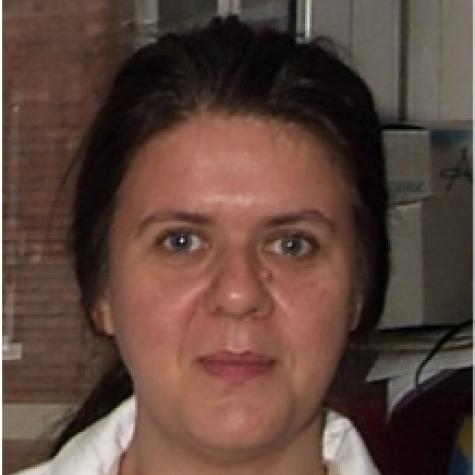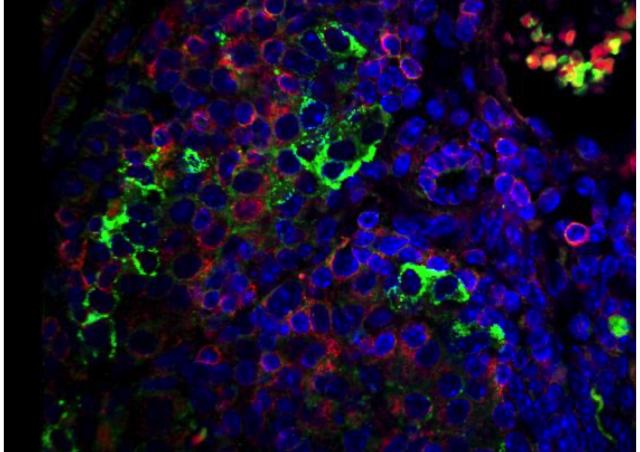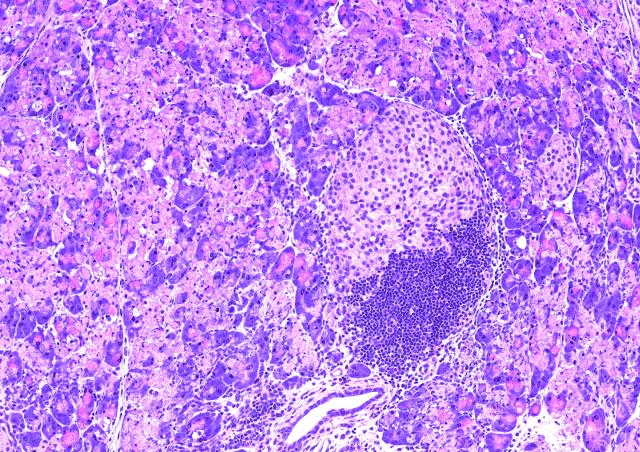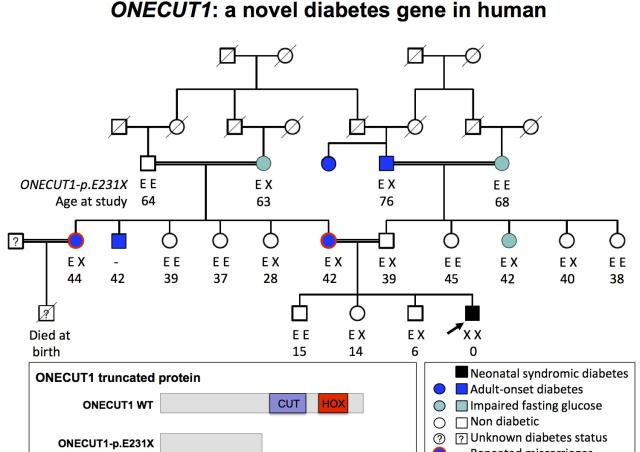Our projects
1. MAIT cells in T2D diabetes, obesity and nonalcoholic liver steatosis. Converging data highlight the role of innate-like T cells, such as NKT and MAIT (Mucosal Associated Invariant T) cells, which represent a first line of T responder lymphocytes controlling the fate of immune responses. The potential role of the gut microbiota in metabolic and liver diseases led us to investigate the MAIT cells that recognized bacterial ligands and are preferably located in the intestinal mucosa and the liver. We are investigating the potential link between MAIT cells, inflammation and dysbiosis in obesity and liver disease using human samples and animal models. Our goal is to determine whether MAIT cell alterations are causal with the goal of developing innovative strategies based on MAIT cell manipulation.
2. Genetic pathways in T2D diabetes, obesity and nonalcoholic liver steatosis. We are developing new models to study the involved genetic pathways in disease development. A particular focus is give on genes that are likely to regulate the circadian coordination of the immune system and metabolism.
Membres of the project
Our research interests
1. In T2D and obese patients circulating MAIT cells are altered and produce high levels of inflammatory cytokines (e.g. IL-17) in the adipose tissue. We have developed mouse models expressing various frequencies of MAIT cells and we are analysing the impact of MAIT cells on insulin resistance and glucose intolerance, associated with increased inflammation in adipose tissue and the intestine. In parallel we continue studies in T2D and obese patients.
2. We have developed mouse models that are invalidated for the circadian gene Arntl2 (Bmal2) and address the question if the resulting increase in immune activation contributes to diabetes and obesity. Read more here: Deletion of the Clock Gene Bmal2 Leads to Alterations in Hypothalamic Clocks, Circadian Regulation of Feeding, and Energy Balance
We are grateful to have received recent funding from the AFEF and SFD/ Roche awarded to Amine Toubal.


Selected publications
Toubal A, Kiaf B, Beaudoin L, Cagninacci L, Rhimi M, Fruchet B, da Silva J, Corbett AJ, Simoni Y, Lantz O, Rossjohn J, McCluskey J, Lesnik P, Maguin E, Lehuen A. Mucosal-associated invariant T cells promote inflammation and intestinal dysbiosis leading to metabolic dysfunction during obesity. Nat Commun. 2020 Jul 24;11(1):3755. doi: 10.1038/s41467-020-17307-0.
Toubal A, Nel I, Lotersztajn S, Lehuen A. Mucosal-associated invariant T cells and disease. Nat Rev Immunol. 2019 Oct;19(10) 643-657. doi:10.1038/s41577-019-0191-y. PMID: 31308521.
Hegde P, Weiss E, Paradis V, Wan J, Mabire M, Sukriti S, Rautou PE,Albuquerque M, Picq O, Gupta AC, Ferrere G, Gilgenkrantz H, Kiaf B, Toubal A, Beaudoin L, Lettéron P, Moreau R, Lehuen A*, Lotersztajn S*. (*equal last authors) Mucosal-associated invariant T cells are a profibrogenic immune cell population in the liver. Nature Communications 2018 Jun 1;9(1):2146. doi: 10.1038/s41467-018-04450-y.
Touch, S., Assmann, K. E., Aron-Wisnewsky, J., Marquet, F., Rouault, C., Fradet, M., Mosbah, H., Consortium, M., Isnard, R., Helft, G., Lehuen, A., Poitou, C., Clement, K., Andre, S., MetaCardis, Consortium Mucosal-associated invariant T (MAIT) cells are depleted and prone to apoptosis in cardiometabolic disorders. FASEB J 2018; 32(9):5078-89. doi: 10.1096/fj.201800052RR.
Toubal, A., Lehuen, A. Lights on MAIT cells, a new immune player in liver diseases. J Hepatol 2016; 64(5):1008-10. doi: 10.1016/j.jhep.2016.02.003.
Lebailly, B., Boitard, C., Rogner, U. C. Circadian rhythm-related genes: implication in autoimmunity and type 1 diabetes. Diabetes Obes Metab 2015; 17 Suppl 1:134-8. doi: 10.1111/dom.12525.
Magalhaes I, Pingris K, Poitou C, Bessoles S, Venteclef N, Kiaf B, Beaudoin L, Da Silva J, Allatif O, Rossjohn J, Kjer-Nielsen L, McCluskey J, Ledoux S, Genser L, Torcivia A, Soudais C, Lantz O, Boitard C, Aron-Wisnewsky J, Larger E, Clément K, Lehuen A. Mucosal-associated invariant T cell alterations in obese and type 2 diabetic patients. Journal of Clinical Investigation 2015 Apr;125(4):1752-62. doi: 10.1172/JCI78941.
Magalhaes, I., Kiaf, B., Lehuen, A. iNKT and MAIT Cell Alterations in Diabetes. Front Immunol 2015; 6:341. doi: 10.3389/fimmu.2015.00341.
Funding
Contact
Amine Toubal
Amine Toubal, Ph.D. CRCN INSERM
Institut Necker Enfants Malades (INEM), INSERM U1151
IMMEDIAB 156-160 Rue de Vaugirard, 75015 Paris, France
https://www.immediab.com/















